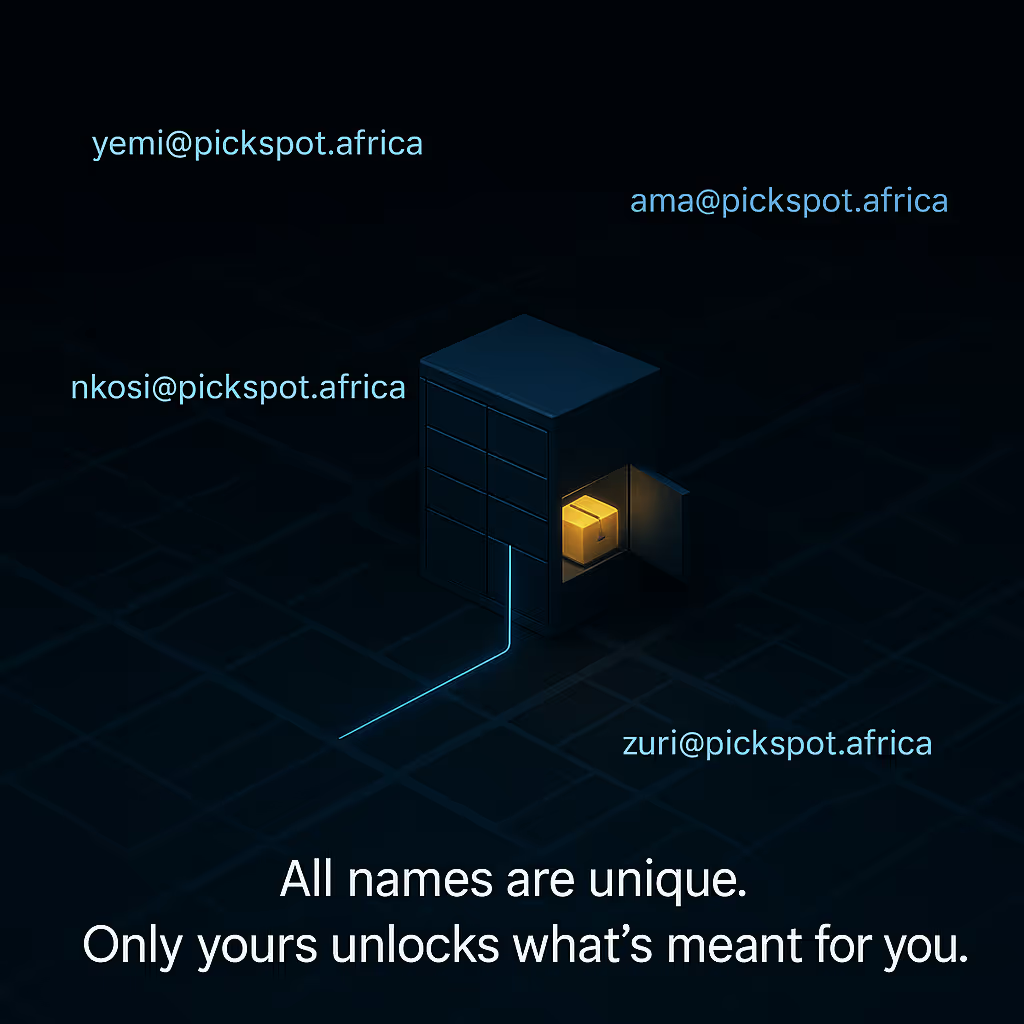
We created a vulnerability when we built the internet's delivery system. Every time someone buys something online, they hand over the most intimate piece of information they possess.
We created a vulnerability when we built the internet's delivery system.
Every time someone buys something online, they hand over the most intimate piece of information they possess. Not their credit card number. Not their browsing history. Where they lay their head at night.
Traditional addressing systems made everyone's home location public because the technology to separate identity from location didn't exist. But now it does.
We're building addresses for the next world.
If you buy a shirt online, does that justify revealing where you sleep? We don't think so.
The old system required this trade. You gave up privacy to get e-commerce. We can get e-commerce without making that sacrifice.
Europe and America created addressing systems when surveillance was the only option. They had centuries to build the infrastructure that makes this surveillance possible.
The emerging world doesn't need to repeat these mistakes.
Africa is urbanizing faster than any region in history. Urban populations will double in 25 years. We'll see 14 megacities emerge across the continent.
This creates an unprecedented opportunity to build addressing systems that prioritize privacy by design.
We're reimagining what an address fundamentally is.
You don't need to know where somebody lives to deliver them a package. You need to know a secure place for them to receive something, and that they have access to it when they need it.
Our approach routes deliveries to shared public pickup points instead of private residences. Users receive unique unlock codes only when packages arrive for them.
Nobody needs to know exactly where you lay your head.
This system draws from zero-knowledge cryptography, allowing us to prove delivery capability without revealing location data. Zero-knowledge proofs enable identity verification while keeping actual location information secret through cryptographic commitments.
We're transforming delivery logistics from surveillance infrastructure into privacy-preserving utility.
We're doing for physical addressing what mobile money did for financial services.
Mobile money leapfrogged traditional banking infrastructure across Africa. M-PESA revolutionized payments by allowing ordinary people to skip banks entirely. Suddenly, African payments became more digital than their European and American counterparts.
Emerging markets don't need to follow Western development paths. They can create superior alternatives.
Traditional addressing relies on infrastructure that takes centuries to build. Infrastructure we'll never build fast enough in rapidly urbanizing regions.
More importantly, do we actually want to build it? Do we want systems where you can find out where somebody lives with a simple online search?
We want privacy for our money. We want privacy for our location too.
We want addresses to become personal, private, and portable.
Today, most people think their address is their house. We're changing that fundamental relationship.
With digital addressing, you point your address to any Pickspot agent in any city. Move from Lagos to Nairobi? Point it to a new Pickspot agent in Nairobi. It's really that simple.
Your address becomes something you carry with you, like an email. You have a public key that looks like amina@pickspot.world. Your private key is the code you receive when packages arrive.
Your address is always there, always available, always working for you.
Shared public infrastructure creates connection points, not fragmentation.
These pickup points become digital homes for communities. People meet there. Services emerge around them. Local businesses grow nearby.
Communities form around which pickup point you address to. Groups might coordinate orders that arrive simultaneously, meeting to collect packages together.
We're creating gathering hubs that strengthen social fabric rather than surveillance points that weaken privacy.
The base layer of e-commerce is simple: two parties being able to send things to each other, both having secure places to receive them. Digital addresses enable this for everyone, whether individual users or businesses.
We're not building courier services. We're building the rails.
Addresses create structure and help us avoid chaos. They're fundamental to how societies organize themselves.
The question is whether they need to be surveillance infrastructure or privacy-preserving utilities.
We're building for a world where location becomes an activated signal rather than a constant identifier. Where your digital identity moves with you instead of anchoring you to static residential coordinates.
We're addressing the unaddressed while protecting the privacy of everyone.